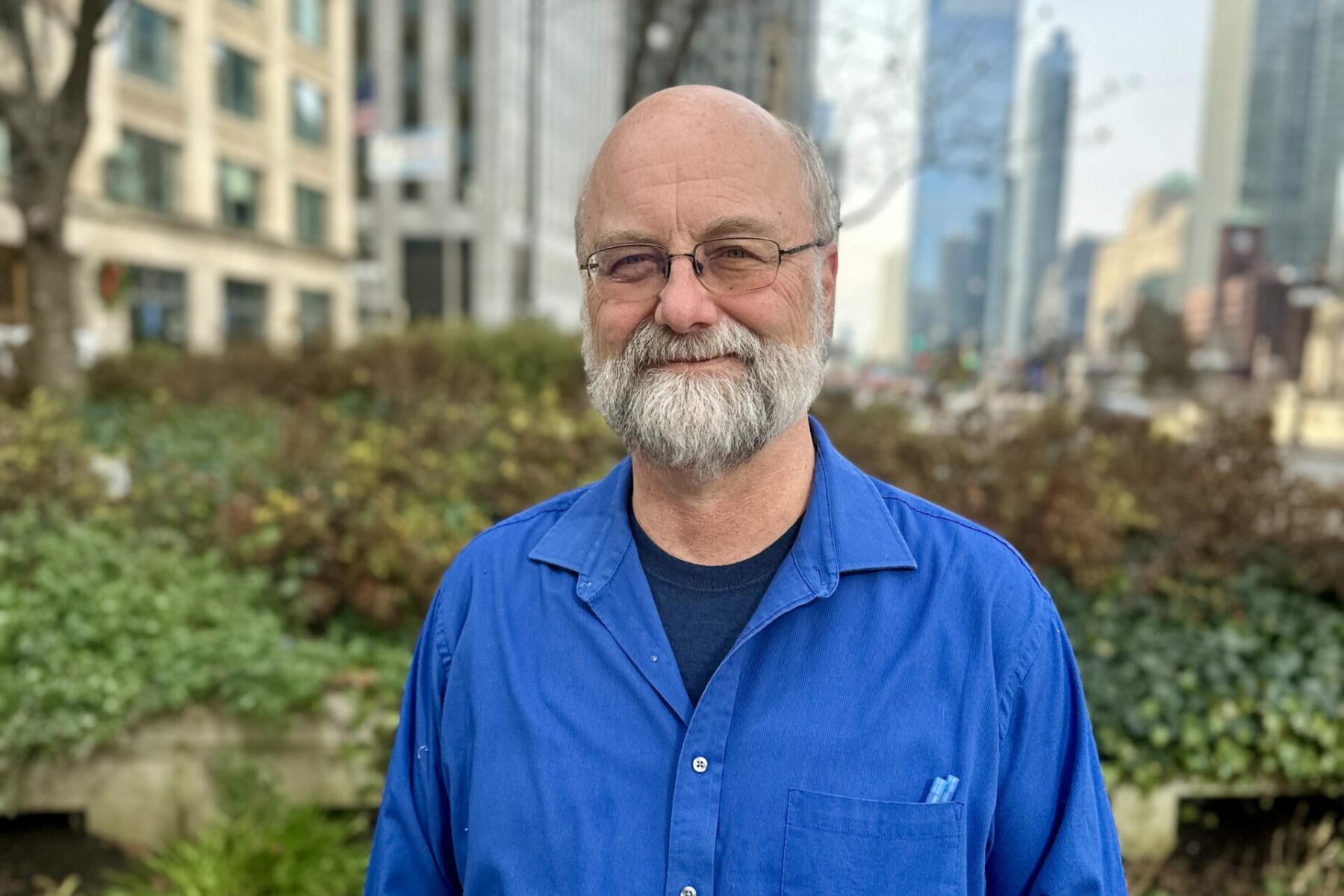February 12, 2021
Support the Freedom to Fund Solar in Wisconsin
An important case on the future of solar power in Wisconsin is open for public comment at the Public Service Commission (PSCW). The PSCW decision will determine if utility monopolies have the power to stop the cost-saving – and completely legal – solar financing mechanism known as “third-party ownership.”
Third-party ownership, also called TPO or third-party financing, is especially useful for schools, local governments, nonprofits, houses of worship, and low-income families who want to cut their utility bills while helping the environment. In this system, a third party pays the up-front installation costs for solar energy. Then the customer pays for the system over time with a monthly lease payment or payment based on electricity generated. That way the third-party financer accesses tax credits and can share savings with the customer.
Wisconsin’s largest utility, Wisconsin Electric Power Company (WEPCO), is fighting hard to protect and expand its monopoly, and is interfering with customer choice, fair competition and local governments’ sustainability efforts.
Third-party financer Eagle Point had an agreement with the City of Milwaukee to build seven solar projects on city property. However, WEPCO objected to the financing approach and used their power over the interconnection to stop the solar projects – and offer their own business in its place.
WEPCO claims that this simple arrangement makes Eagle Point – a 75-employee, 11-year-old solar panel installer – a “utility” on par with Alliant or Xcel. This, they claim, makes the financial arrangement a violation of WEPCO’s state-granted monopoly.
They’re wrong. ELPC has established that more than a century of case law in Wisconsin makes clear that this type of financing is completely legal. In 2015, ELPC laid out in this memo the long history of Wisconsin case law that shows the practice is entirely legal and does not make the companies public utilities.
Eagle Point Solar (Docket No. 9300-DR-104) is appealing to the PSCW the denial of the interconnection request. If the PSCW sides with the monopoly position, then TPO could be considered an illegal business practice across Wisconsin. In that case, thousands of low-income citizens, nonprofits, faith groups and local governments would lose important access to solar power.
To stop WEPCO from abusing its monopoly to squelch competition, you can submit a comment on the Eagle Point Solar docket. Monopoly utilities don’t dictate the law and that the Commission must put public interest before shareholder profits. The PSCW must find the Eagle Point Milwaukee projects to be legal, to require the interconnection, and to issue a clarifying ruling that third-party ownership is a legal practice.
Key points you can make
- The PSCW has an opportunity to clarify the law and promote public interest over monopoly profits.
- Third-party ownership gives citizens and organizations an option to install solar energy with no upfront payment and to take full advantage of federal tax credits for solar projects.
- Nonprofits, houses of worship and local governments cannot directly use federal tax credits, so this approach helps them to realize their solar and sustainability goals.
- A solar developer is not acting as a public utility when it utilizes third-party ownership to finance solar projects sited on a customer’s property.
- WEPCO’s claim that it needs to know the identity of anyone who finances, funds, or invests in distributed generation projects to protect the “integrity” of the grid is disingenuous.
- WEPCO’s refusal to interconnect over a financial consideration is an abuse of their power. to control access to the grid and should not be tolerated.


